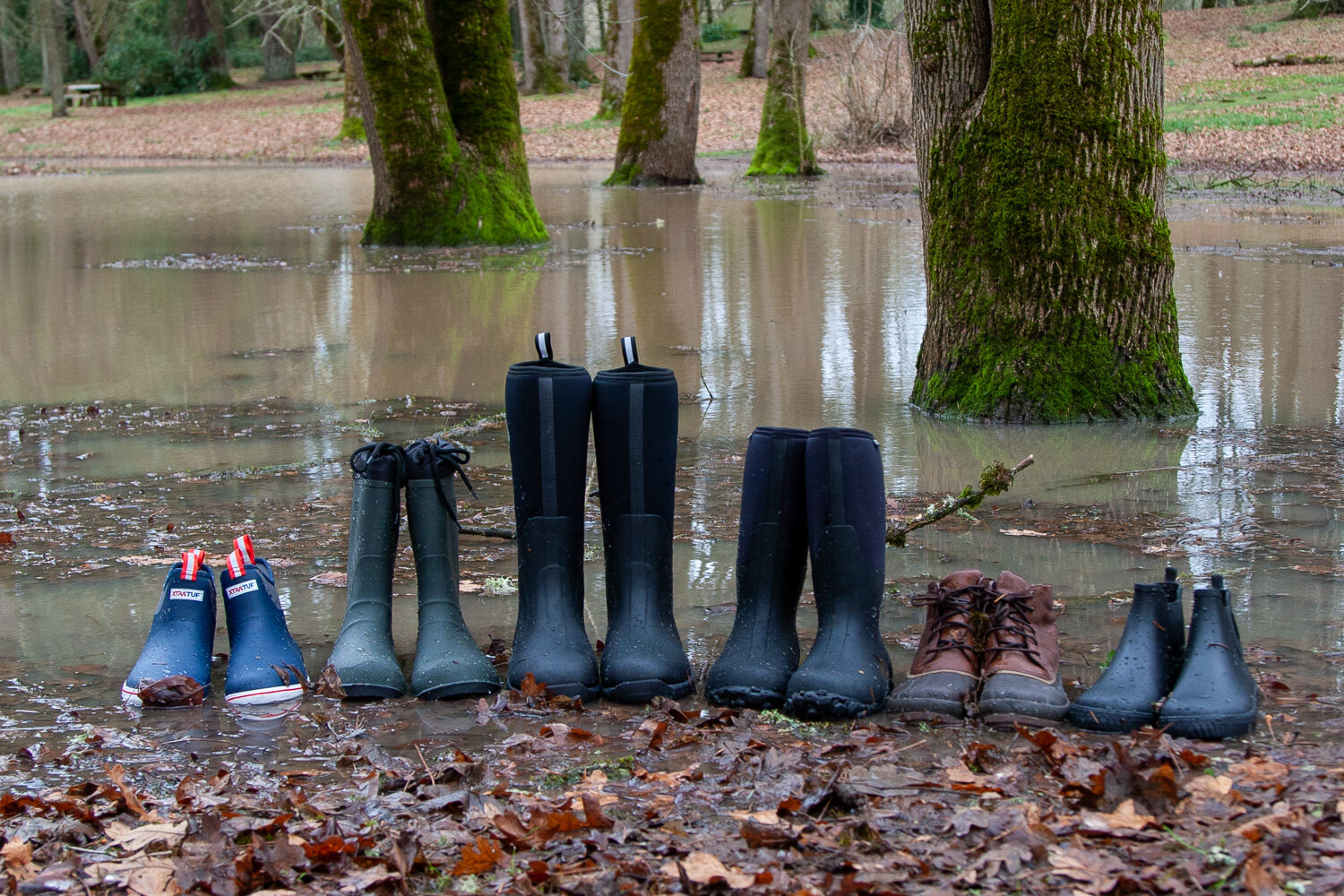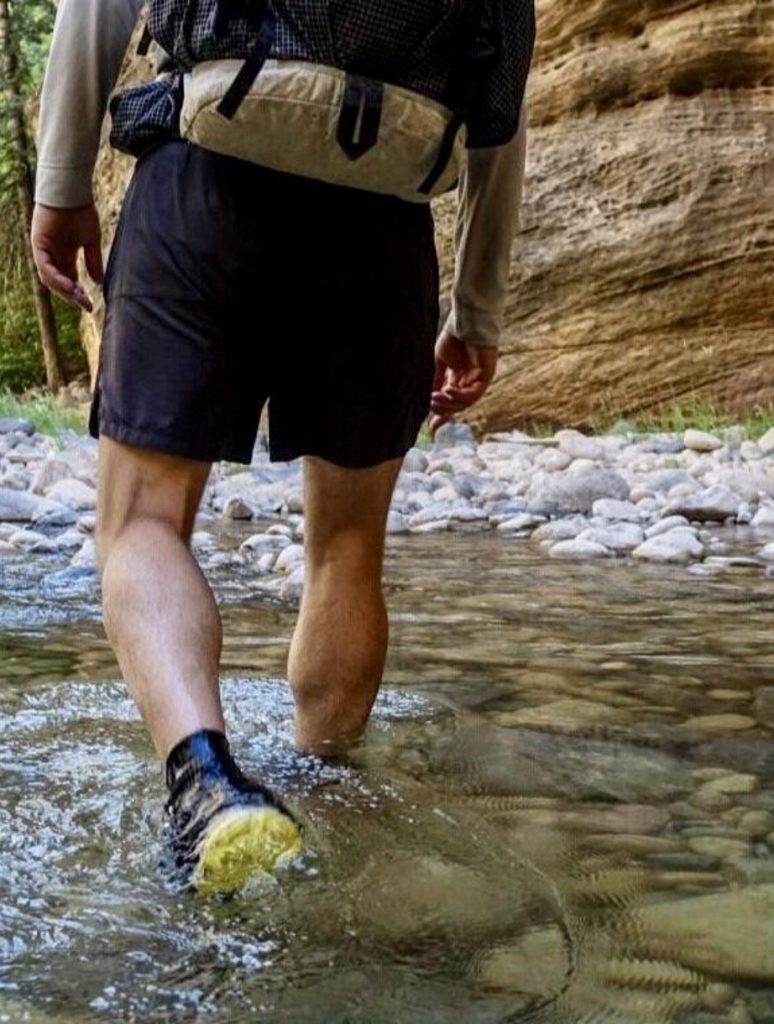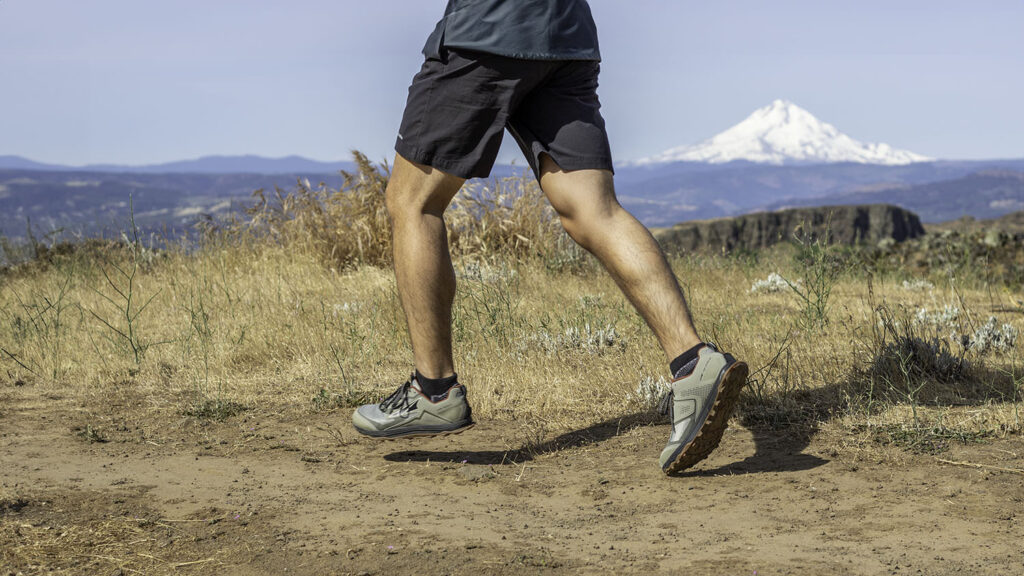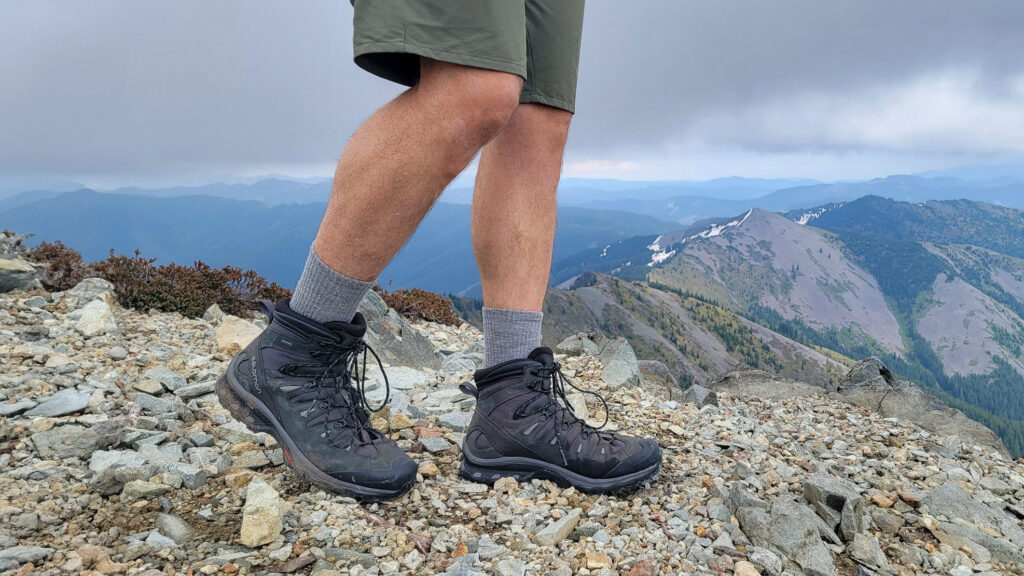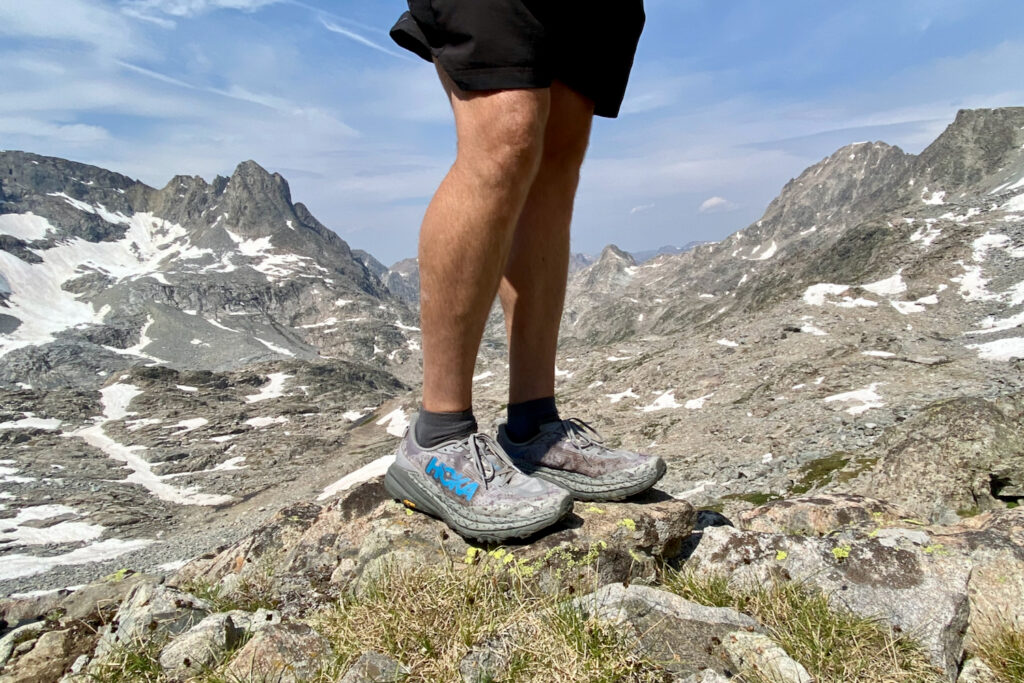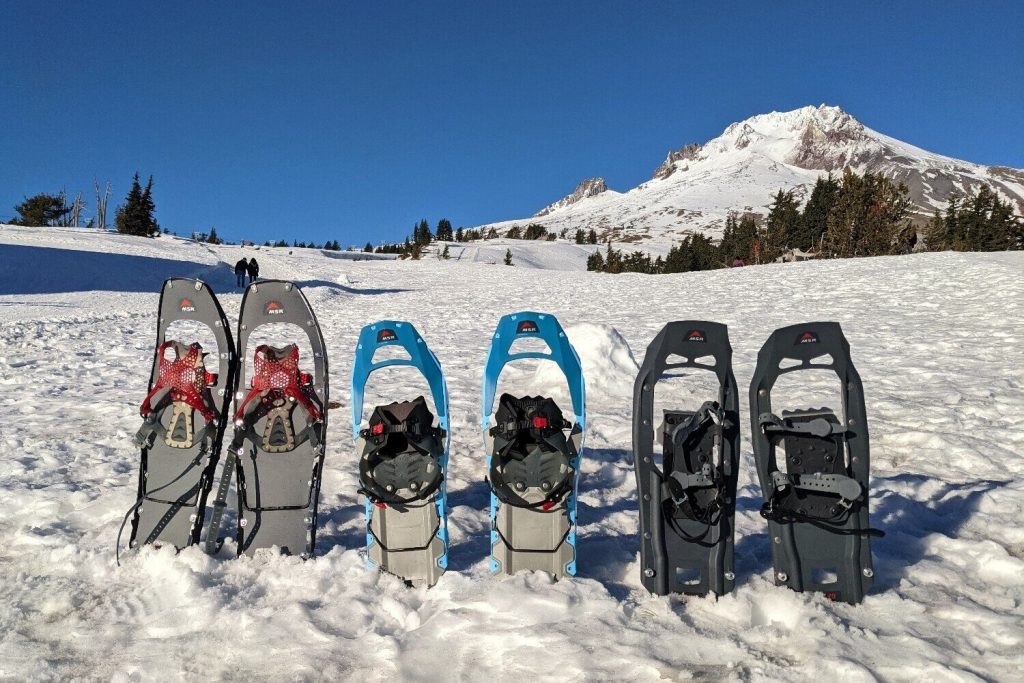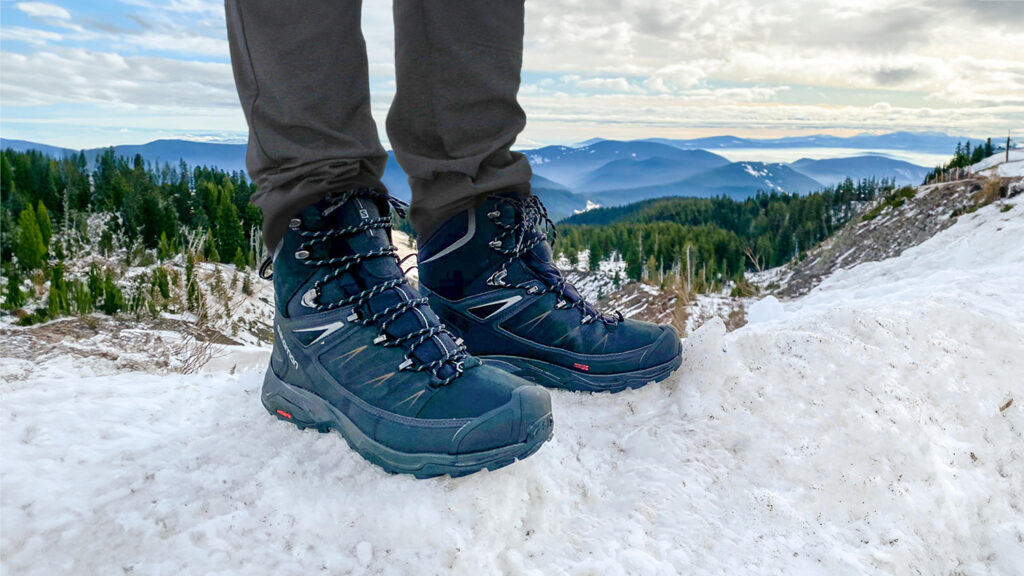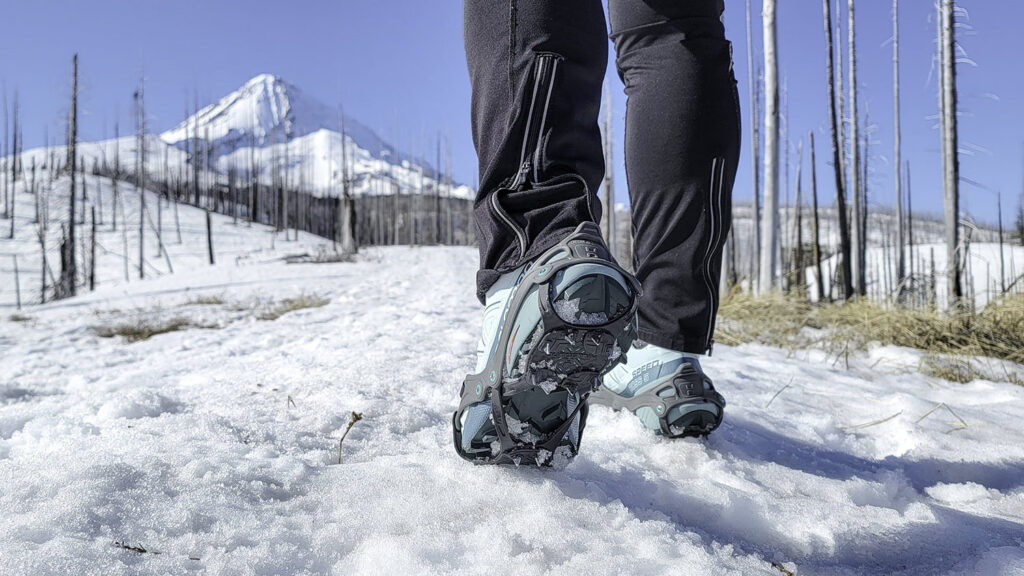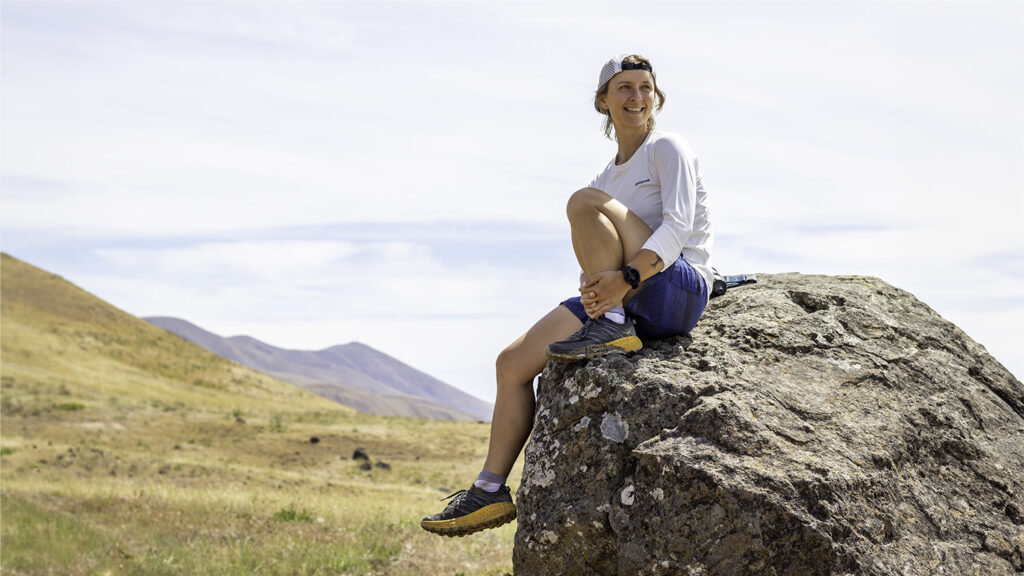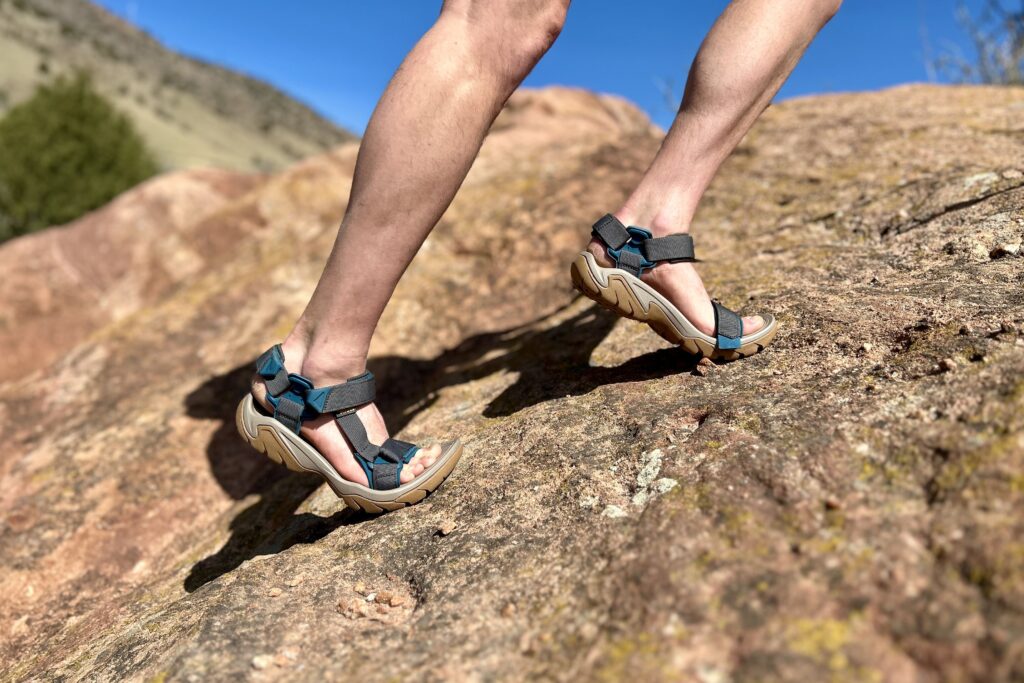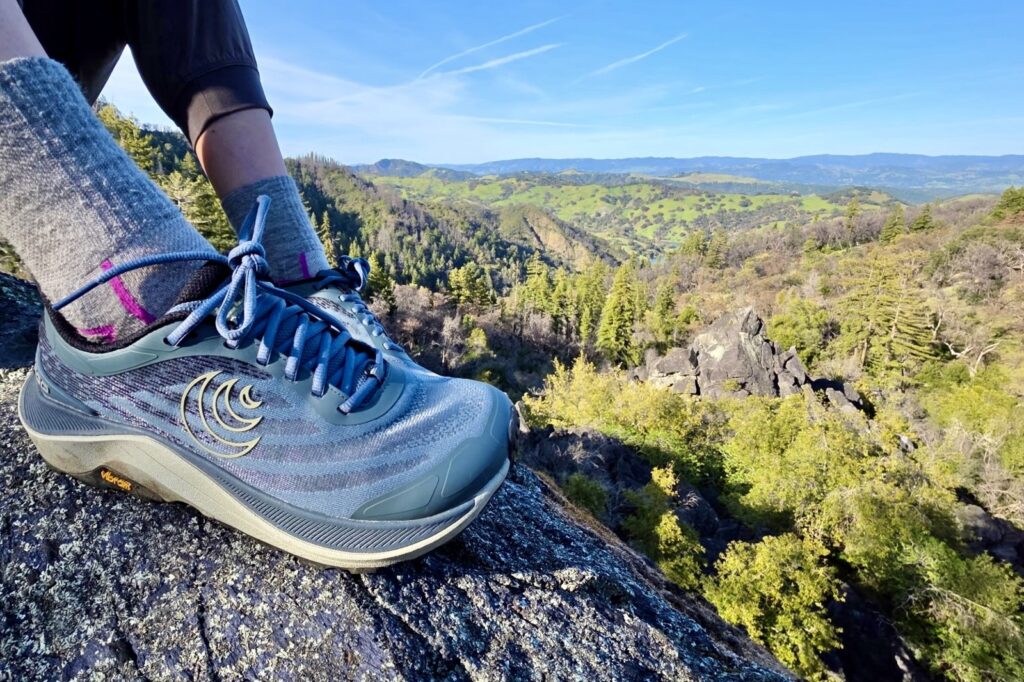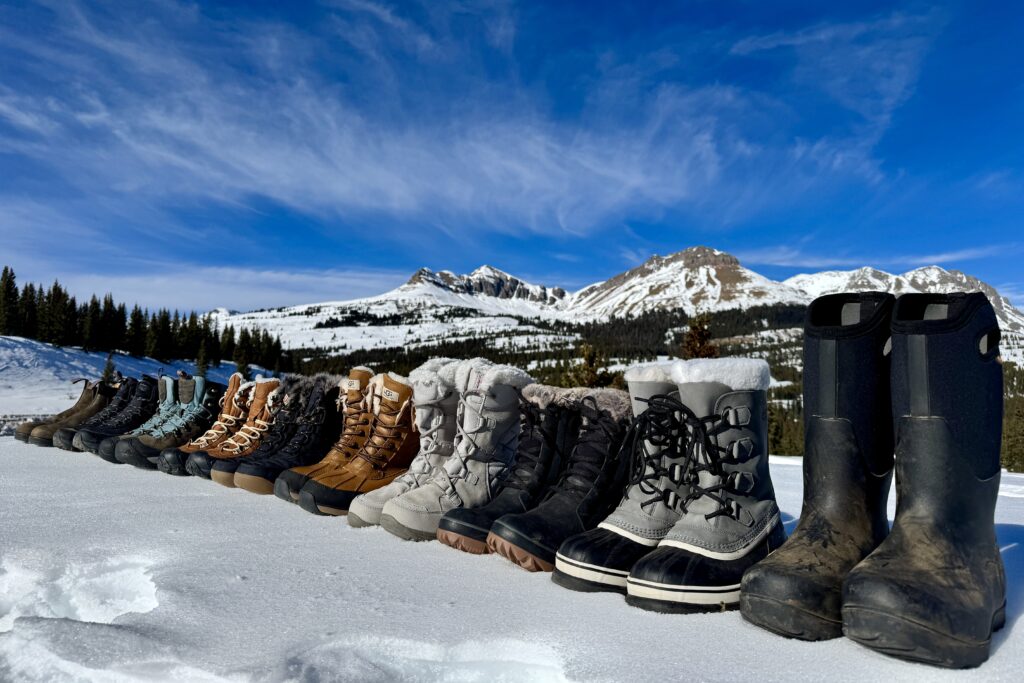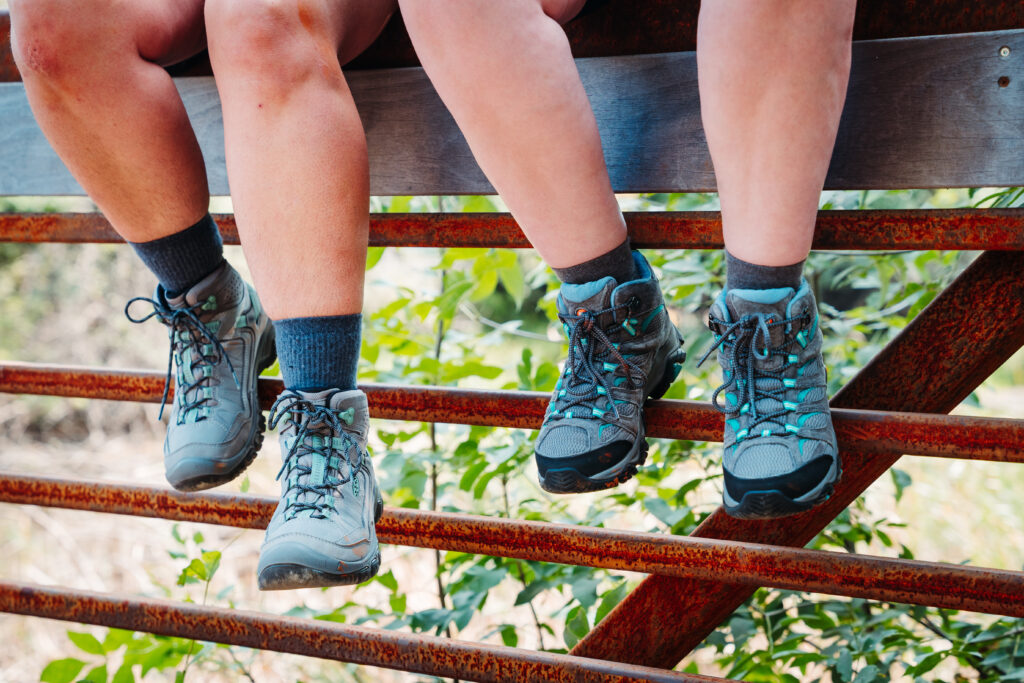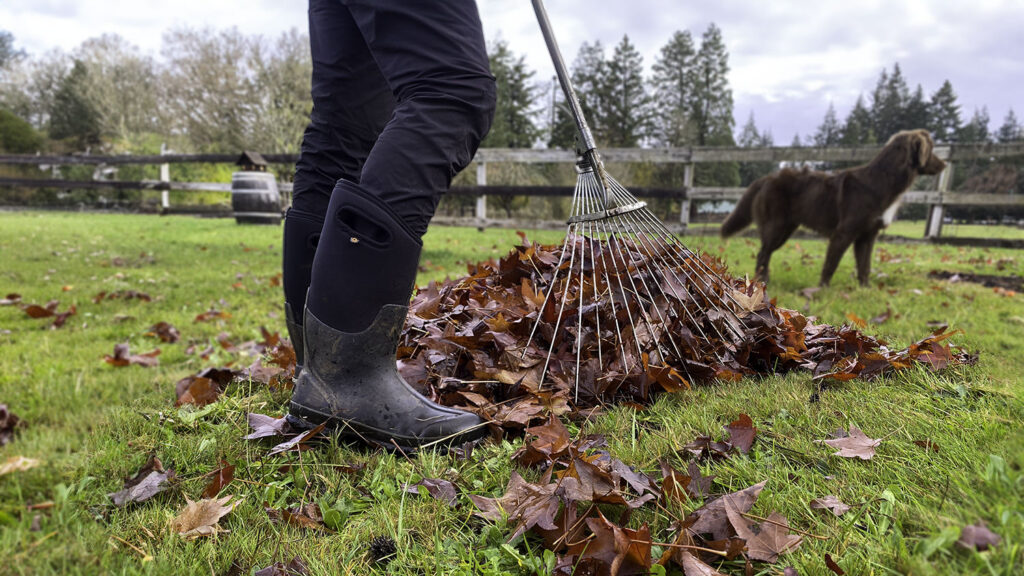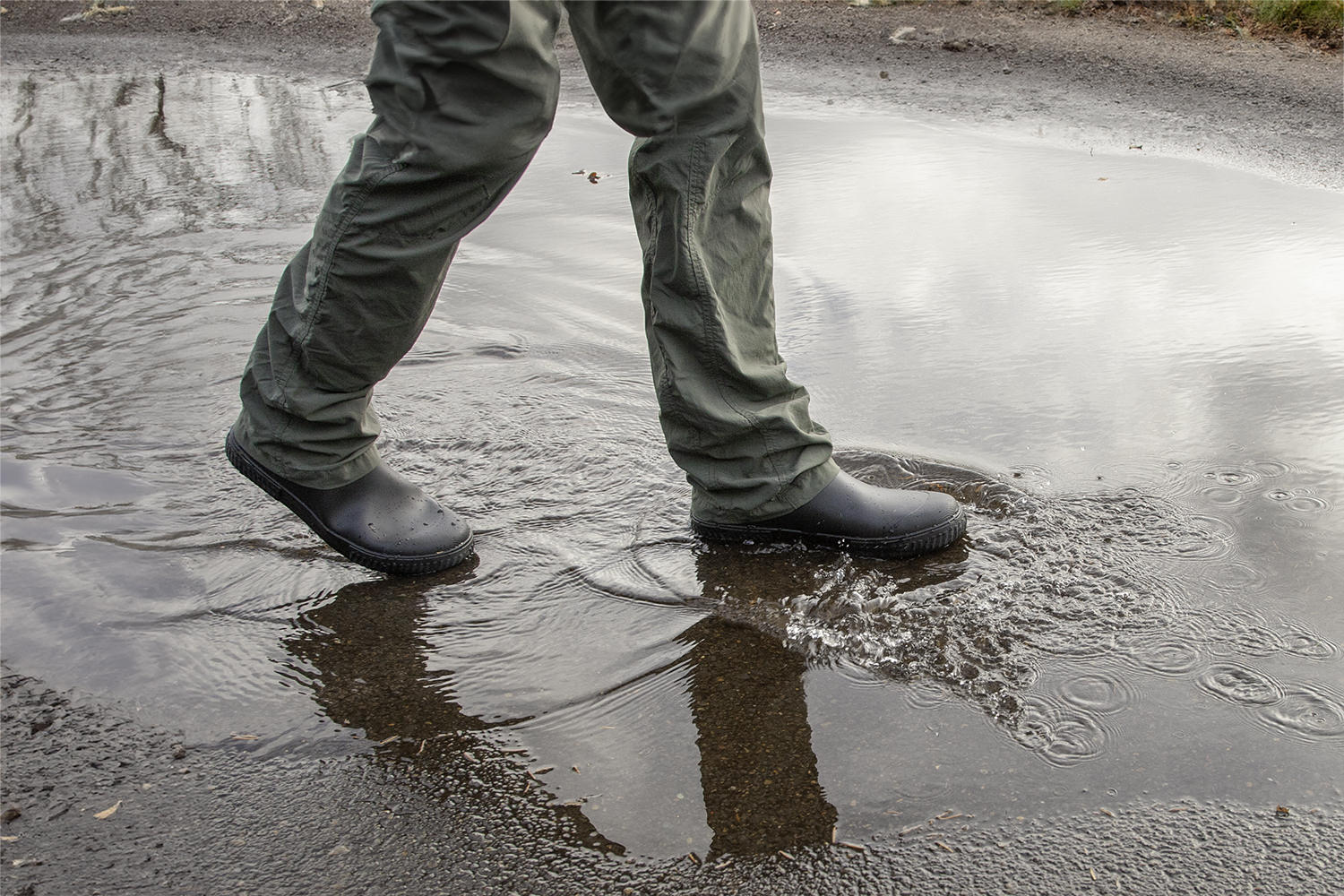
A reliable pair of rain boots can make all the difference when navigating harsh winters and unpredictable spring weather. Whether you’re trudging through snow drifts or trekking through rain-soaked mud, the right boots keep you dry, comfortable, and confident. Many are designed to slip on and off effortlessly and are a breeze to clean after a day in the elements. And if you’re not a fan of the traditional, bulky look, we’ve uncovered some stylish options that don’t sacrifice practicality.
Our team lives the challenges of wet and snowy weather, and we’ve put our expertise to the test in Minnesota’s icy cold winter and sloppy spring conditions. After researching and testing over 25 highly-rated pairs, we’ve narrowed it down to the best men’s rain boots for protection, comfort, and great value, so you can tackle your outdoor adventures no matter what the season throws your way.
And for more info, check out some of our other most popular gear guides:
Quick Picks for Men’s Rain Shoes
Check out this quick list of our favorites if you’re in a hurry, or continue scrolling to see our full list with in-depth reviews.
Best Rain Boots Overall: Bogs Workman ($160)
Best Heavy Duty Work Boots: Bogs Bozeman Mid Insulated ($155)
Best Cold Weather Boots: Kamik Forester ($70)
Best Bad Weather Boots: Original Muck Boot Wetland ($160)
Best Duck Boot Mid: Sperry Cold Bay Chukka ($80)
Best Insulated Waterproof Boots: Bogs Classic High ($135)
Best Deck Boots: XTRATUF Ankle Deck Boots ($115)
Best Puddle Jumper Boots: Huk Rogue Wave ($100)
Best Around Town Rain Boots: Grundens Deviation Ankle Boots ($160)
Best Casual Rain Boots: Blundstone Original Chelsea ($190)
What’s new
We jumped right into winter slop and spring storms to test our top picks and see how promising newcomers measure up:
- The Bogs Workman takes the top spot for magnet-like traction, comfort, and iron-tough durability for long work days.
- We love the Huk Rogue Wave for their comfy fit and penchant for jumping into puddles.
- For stomping through swamps or deep, sloppy water, the Original Muck Boot Wetland is a failsafe companion.
Men’s Rain Boots Overall Testing scores
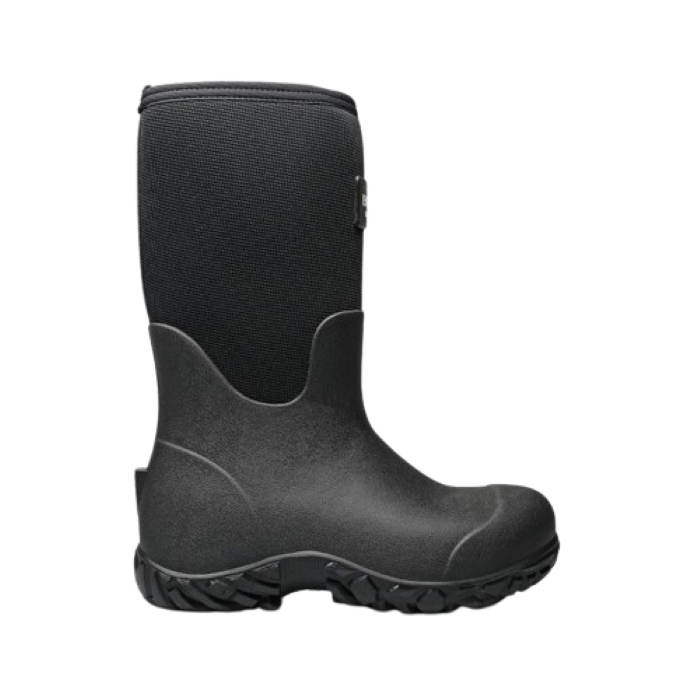
Bogs Workman Boots
Best Rain Boots Overall
CleverHiker Rating: 4.8/5.0
Price: $160
Weight (Pair): 4 lb. 3.2 oz.
Height: 15in
Insulated: Yes
Pros
- Designed for heavy-duty work
- Excellent durability
- Reinforced in high-wear areas
- Comfortable fit
- Good traction
Cons
- Heavy and bulky
- Expensive
- Can be too warm in mild temperatures
- May feel too stiff for some people
The Bogs Workman Boots are our top pick for a balance of durability, comfort, and functionality in harsh conditions. Rugged construction and reinforced high-wear areas have them set to tackle everything from heavy snow to muddy spring trails. These boots ranked highly in key performance areas including warmth, traction, and weather protection, making them a dependable choice for year-round use.
One of the most impressive features is their modular insole setup, which allows for a customizable fit that accommodates various foot shapes. Paired with a heel-locking collar, the boots provide a secure yet comfortable feel, even during long days of wear. Despite their heavy-duty design, the Workmans are surprisingly lightweight – a game-changer for minimizing fatigue.
Traction is another area where these boots excel. The outsoles grip reliably on slippery surfaces, ensuring stability whether you’re navigating icy sidewalks or muddy chores at home. The boots also deliver on warmth, keeping your feet cozy in subzero temperatures without sacrificing breathability.
Some users find them a bit stiff during the break-in period, and their bulkier profile may not appeal to everyone. Additionally, they’re on the pricier side, but their exceptional durability ensures you’ll get plenty of wear for your investment.
More: Bogs Workman Full Review
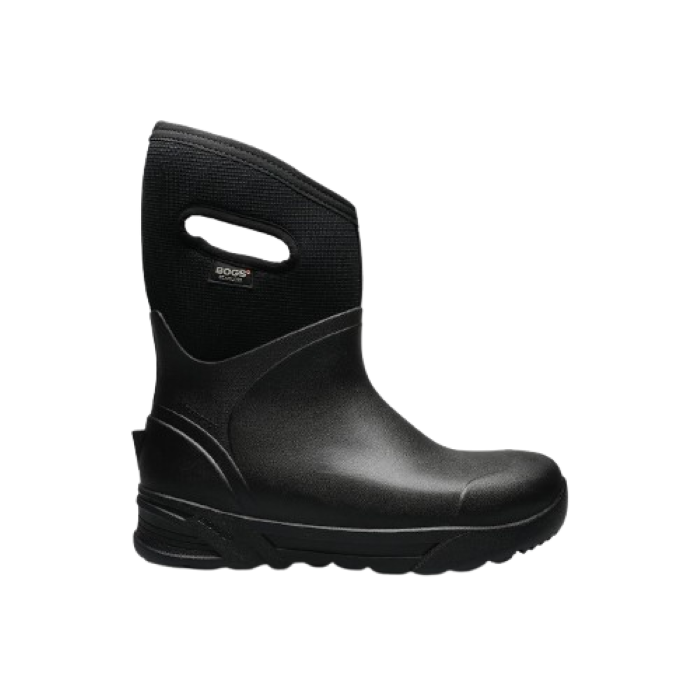
Bogs Bozeman Mid Insulated Boot
Best Heavy Duty Work Boots
CleverHiker Rating: 4.7/5.0
Price: $155
Weight (Pair): 1 lb. 5 oz.
Height: 11in
Insulated: Yes
Pros
- Mid-height offers versatility
- Good insulation for moderate cold
- Comfortable for extended outdoor use
- Lighter than full-length boots
Cons
- Less protective than high-cut boots
- Can be too warm in mild temperatures
- Bulky
- Not ideal for extreme weather or rugged terrain
The Bogs Bozeman Mid Boot is a solid choice for comfort, durability, and weather protection. With a mid-height design, these boots offer more freedom of movement than full-length options, making them ideal for moderate cold and varied activities. The lightweight construction reduces fatigue while ramping up durability.
Equipped with 7 mm Neo-Tech waterproof insulation, the Bozeman Mid keeps feet warm and dry in the wettest of conditions. The lining expertly manages moisture, evaporating sweat to maintain comfort all day. Bogs Stabilizes add arch support and a natural fit, and the eco-friendly EVA footbeds add a sustainable touch.
Another standout feature is the self-cleaning BioGrip outsoles, chemical- and slip-resistant soles that offer great traction and all-day comfort and performance.
However, though lighter and more flexible than full-length boots, they don’t offer the same level of protection in extreme conditions. Some may find them bulky, and the styling is more functional than fashionable.
Designed to handle everything from rainy trails to light snow, these insulated rain boots blend practicality and thoughtful construction.
More: Bogs Bozeman Full Review
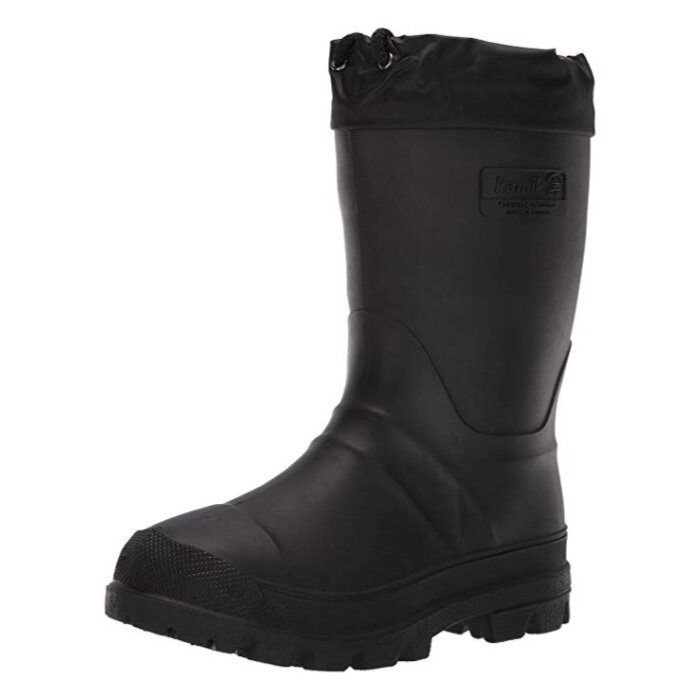
Kamik Forester
Best Cold Weather Boots
CleverHiker Rating: 4.6/5.0
Price: $70
Weight (Pair): 4 lb. 8 oz.
Height: 14in
Insulated: Yes
Pros
- Affordable
- Good height for splash/muck protection
- Warm
- Comfortable
- Durable
- Slip-on
- Easy to clean
- Cinch collar
Cons
- Bulky
- Heavy
- Loose-fitting (clunky for long walks)
The Kamik Forester boots bring exceptional value and reliable performance in the budget-friendly range of winter footwear. These versatile boots shine in challenging conditions, proving their worth across mud, rain, and snowy environments.
A standout feature is the practical cinch collar, which functions as an integrated gaiter that blocks snow from infiltrating the boot when trudging through deep drifts. The boots also score high marks for convenience, with an easy slip-on design that’s perfect for frequent transitions throughout the day.
However, the substantial bulk and weight may prove tiresome during extended wear, particularly when compared to more premium alternatives. While the overall construction is decent, the quality doesn’t quite match up to higher-end competitors like the Bogs Classic High. Some users might notice this difference in durability and refinement over time.
Despite these minor drawbacks, the Forester boots emerge as a compelling choice for dependable winter footwear. They excel in their primary mission of keeping feet warm and dry in harsh conditions, making them particularly well-suited for outdoor work or casual winter activities.
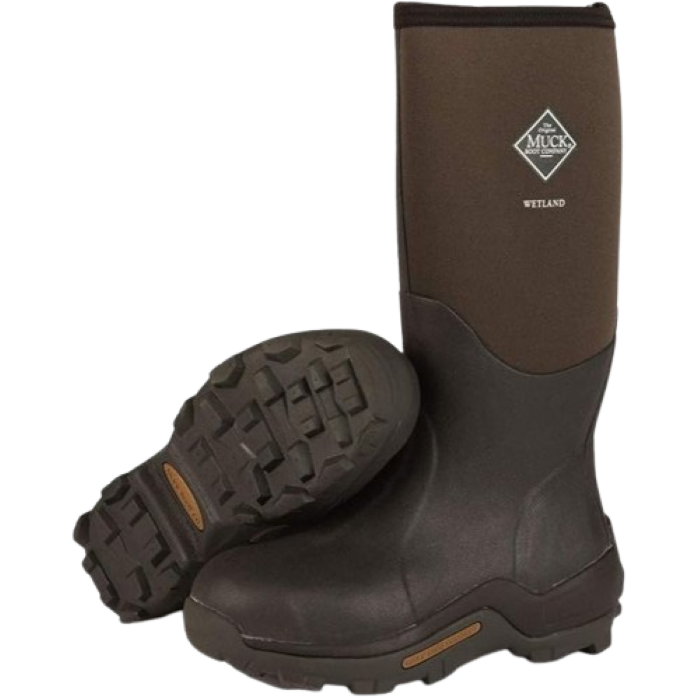
Original Muck Boot Wetland
Best Bad Weather Boots
CleverHiker Rating: 4.6/5.0
Price: $160
Weight (Pair): 2 lb. 12 oz.
Height: 17in
Insulated: Yes
Warmth: 4.3
Pros
- Ideal for swamps, marshes, wetlands
- Excellent water resistance
- Comfortable for extended wear
- Good traction
- Breathable
Cons
- Relatively expensive
- Not the best insulation
- May be too warm for moderate temps
- Less durable than heavy-duty work boots
- Specialized design limits versatility
The Original Muck Boot Wetland is our go-to option for those who frequently find themselves in wet, marshy environments. Purpose built with water resistance in mind, these boots offer stellar protection from water, mud, and muck, keeping your feet dry and comfortable throughout the day. Their lightweight and flexible construction make them a breeze to wear, and the traction is solid, providing consistent stability.
Comfort is a major highlight as well, with a cushioned footbed and breathable interior that keeps your feet feeling fresh even in more humid or warmer conditions. These boots are built with the kind of durability needed for outdoor adventures, but they aren’t designed for heavy-duty, extreme conditions. Although they perform admirably in wet environments, they lack the insulation necessary for extreme cold. On the flipside, they also can feel too warm during milder temperatures.
The Wetland boots also come with a higher price tag, which may be a consideration for those on a budget. Additionally, they’re perfect for wetland areas, but their specialized design makes them less versatile for other environments.
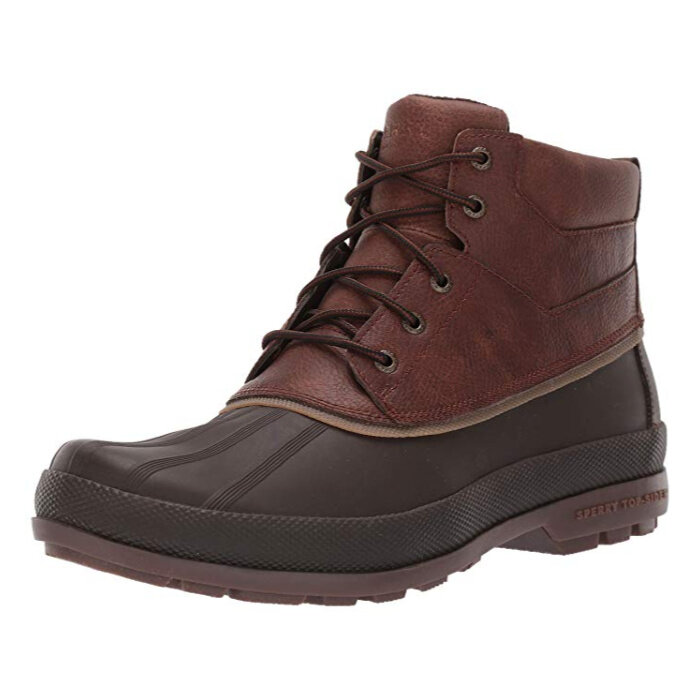
Sperry Cold Bay Chukka
Best Duck Boot Mid
CleverHiker Rating: 4.1/5.0
Price: $120
Weight (Pair): 2 lb. 13.9 oz.
Height: 6in
Insulated: Yes
Pros
- Stylish
- Warm
- Comfortable
- Lightweight
- Durable
- Versatile
Cons
- Less suited for hiking due to heel
- short height limits weather-proofing
- Need leather treatment preiodically
The Sperry Cold Bay Chukka strikes a great balance between style and functionality, making it a standout choice for cold, wet conditions. With all-rubber lowers, these boots are bombproof when it comes to navigating through muck, puddles, and light snow while still maintaining a sleek, stylish appearance. Their classic hunting boot-inspired look gives them a fashionable edge that transitions seamlessly from outdoor adventures to everyday wear.
Insulation is on point, keeping your feet warm without overheating. The soft fleece lining also adds a layer of comfort that makes these boots feel cozy and luxurious. They’re versatile enough for casual wear and lighter outdoor activities but aren’t designed for more demanding trails since the small heel provides less stability and support.
Though the Cold Bay Chukkas are perfect for leisurely outings or daily use around town, they’re not the best option for extreme weather or intense outdoor adventures. If you’re looking for a boot that offers both style and warmth for moderate cold and wet conditions, these boots deliver on both fronts. Just don’t expect them to handle heavy-duty tasks or extreme elements.
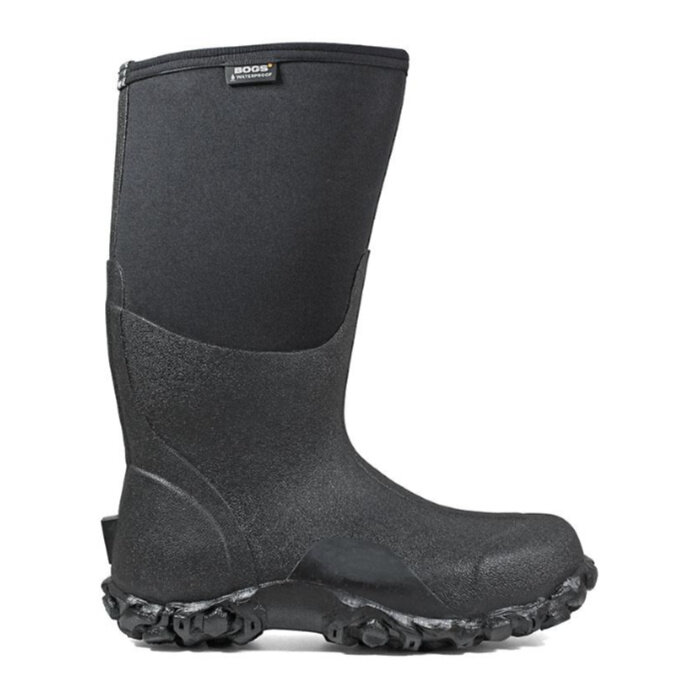
Bogs Classic High
Best Insulated Waterproof Boots
CleverHiker Rating: 4.5/5.0
Price: $135
Weight (Pair): 5 lb.
Height: 14in
Insulated: Yes
Pros
- Good height for splash/muck protection
- Warm
- Comfortable
- Durable
- Slip-on
- Easy to clean
Cons
- Heavy
- Bulky
- Loose-fitting (clunky for long walks)
The Bogs Classic High excels in wet, muddy, and snowy environments. With their slip-on design, these boots are quick to put on and take off. Whether you’re trudging through deep puddles, snowdrifts, or slippery trails, the 100% waterproof construction ensures your feet stay dry. In addition, the 7 mm Neo-Tech insulation offers impressive warmth without causing overheating during moderate activity. The cushioned interior makes these winter boots incredibly comfortable for short to medium duration activity.
Another highlight is the neoprene insulation for a cozy, snug feel. These boots are plenty warm enough for winter conditions but breathable enough for milder days. But the Classic High is also among the heaviest we’ve tested, which can make long walks or extended use a bit tiring.
Despite their weight, the Bogs Classic High is more flexible and less clunky than expected, offering solid performance across a range of activities. Their durability is another major advantage—these boots are built to last and can handle the toughest conditions without showing much wear.
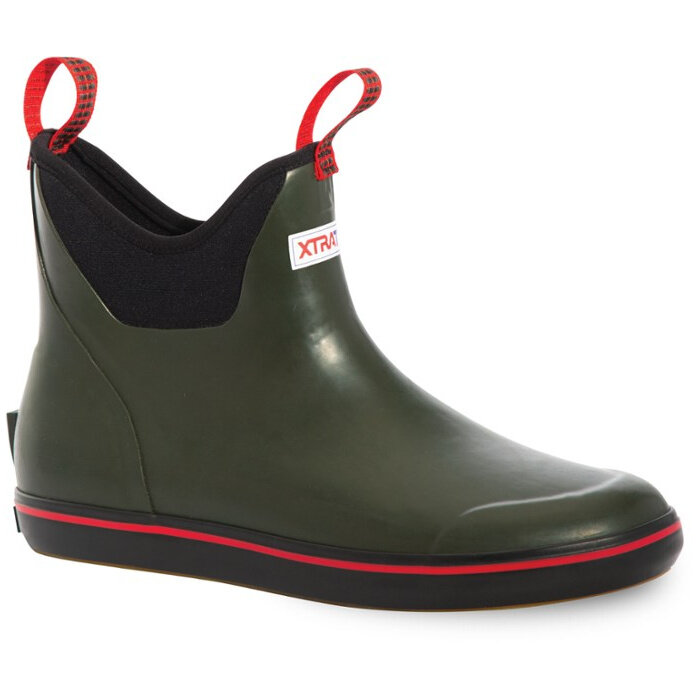
XTRATUF Ankle Deck Boots
Best Ankle Deck Boots
CleverHiker Rating: 4.0/5.0
Price: $115
Weight (Pair): 3 lb. 2.6 oz.
Height: 6in
Insulated: No
Pros
- Comfortable
- Lightweight
- Slip-on
- Durable
- Easy to clean
- Antimicrobial lining
Cons
- Heavy
- Minimal traction
- Short height limits weather-proofing
- No arch support
The XTRATUF Ankle Deck Boot is a no-nonsense, practical choice for anyone who spends time around wet, muddy, or slippery environments. Designed with mobility in mind, these boots offer excellent water protection without the bulk of taller options. Their ankle-height design allows for flexibility and comfort for a wide range of activities, particularly in warmer weather. They offer durability and comfort without restricting movement.
For those who need a bit more warmth or coverage, the Deck Boots are easy to pair with thick socks and rain pants, allowing you to adapt to different conditions. The slip-resistant outsole ensures a solid grip on wet surfaces, giving you reliable traction.
XTRATUF’s legacy as the “State Boot of Alaska” speaks to its trusted performance in demanding conditions. These ankle boots live up to that reputation. Although they lack the full protection of their taller counterparts, they excel in providing a practical, lightweight alternative in a compact form.
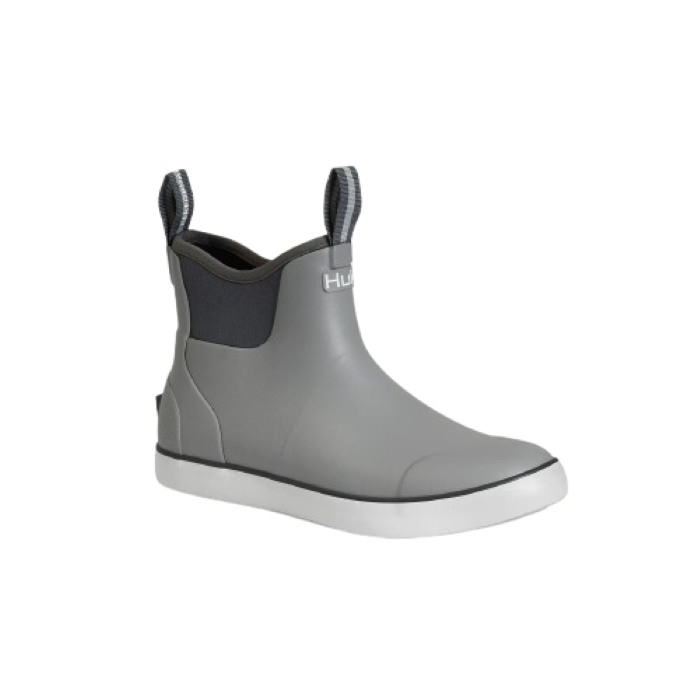
Huk Rogue Wave
Best Puddle Jumper Boots
CleverHiker Rating: 4.4/5.0
Price: $100
Weight (Pair): 3 lb.
Height: 6in
Insulated: No
Pros
- Lightweight
- Superior waterproofing
- Great grip on boat decks and docks
- Breathability features
- Clean, modern aesthetic
Cons
- Higher price
- Lack of insulation
- Not built for heavy-duty performance
The Huk Rogue Wave is one of the best boots we’ve tested, offering a near-perfect balance of performance, comfort, and functionality. We love the snug fit that wraps around your foot without feeling overly tight. The cushioning is superb as well, providing excellent support even on long days spent on your feet.
The standout feature of the Rogue Wave is its exceptional traction, providing remarkable stability on wet, slippery surfaces. Whether you’re stepping onto a wet deck or slogging through puddles, these boots offer unmatched grip.
In addition to their great performance, the Rogue Wave comes in a variety of stylish designs. Its performance matches its looks, so you won’t have to sacrifice style for functionality. That said, they’re not the best option for extreme cold conditions as they lack heavy insulation for frigid temperatures. Additionally, though the durability is decent, they may not stand up as well over time compared to more rugged, long-lasting boots.
Another best thing about these boots is their convenience. They slip easily on and off when you need a quick change to match the elements. Overall, this is a top-tier boot for those looking for a reliable, comfortable, and stylish option for wet conditions.
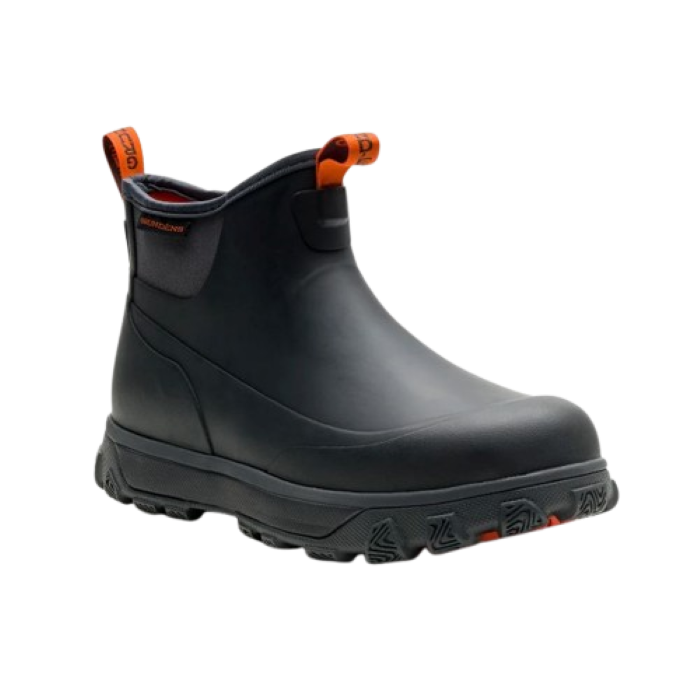
Grundens Deviation Ankle Boot
Best Rain Boots for Anglers
CleverHiker Rating: 4.2/5.0
Price: $135
Weight (Pair): 1 lb. 14.4 oz.
Height: 6in
Insulated: No
Pros
- Made for demanding environments like fishing and boating
- Superior water resistance
- Excellent mobility and flexibility
- Lightweight and comfortable
- Solid grip on slippery surfaces
- Dries quickly
Cons
- Expensive
- Lacks full leg protection
- Specialized use less appropriate for everyday wear
The Grundens Deviation Ankle Boot is purpose-built for anglers and maritime enthusiasts who need a reliable, performance-driven boot that can handle the demands of wet and slippery environments. The Deviation is an ace at providing exceptional traction on wet decks and slippery surfaces while also clearing away mud and debris to maintain that grip. The ankle height offers great mobility, too – ideal for quick movements on boats or around water.
Comfort is a key feature here. The thicker insole promotes shock resistance, ensuring that your feet stay comfortable even after long hours on hard surfaces. Additionally, the anti-odor cooling liner helps prevent the typical footwear stench, keeping your feet fresher for longer, even after a day spent on the water.
However, the Deviation is designed with function in mind, but its specialized design makes it less suited for everyday use. The ankle height doesn’t provide full leg protection, and the overall aesthetic may be too technical for those looking for a more casual or stylish option. The boots also come at a higher price point compared with other waterproof footwear.
Overall, the Grundens Deviation Ankle Boot is an excellent choice for anglers or anyone working around water. It combines comfort, durability, and superior traction in a lightweight design.
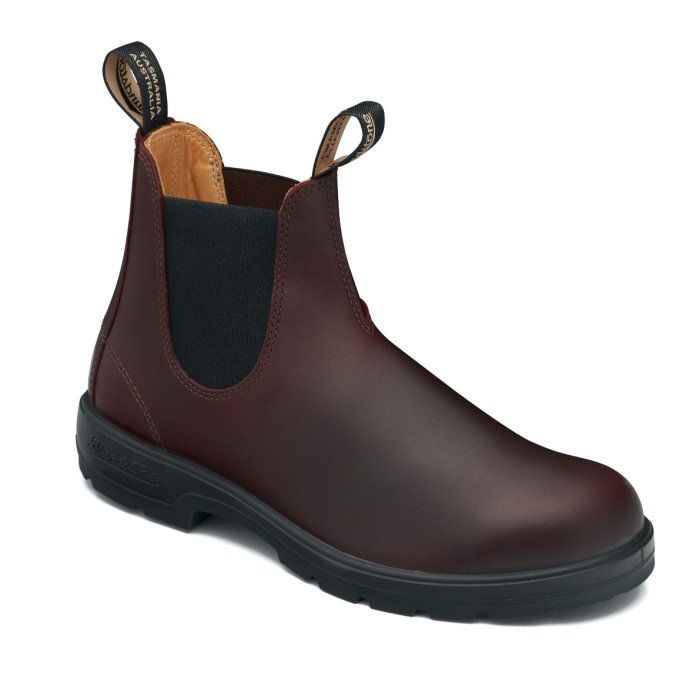
Blundstone Original Chelsea
Best Casual Rain Boots
CleverHiker Rating: 4.3/5.0
Price: $190
Weight (Pair): 3 lb.
Height: 6in
Insulated: No
Pros
- Stylish
- Lightweight
- Not bulky
- Comfortable
- Durable
- Slip-on
- Versatile
Cons
- Expensive
- Need thick socks to be winter-ready
- Only water-resistant (Thermal style is fully waterproof)
- Need leather treatment periodically
Looking for a versatile, durable, and stylish boot that works equally well in urban and outdoor settings? The Blundstone Original Chelsea is a standout option. With its slip-on design, the Chelsea offers convenience without compromising on performance. The leather upper provides a classic, sleek look while still being tough enough to handle the rigors of everyday use. The durable construction and lightweight feel make these boots comfortable for long days on your feet, from commuting to light chores outdoors.
Comfort is a key feature of the Blundstone Chelsea, with a cushioned footbed that absorbs shock and provides excellent support. The elastic sides allow for easy on and off, and the flexible design ensures a secure fit without feeling too tight. The slip-resistant outsole further adds luster, providing solid traction on a variety of surfaces, keeping you steady on your feet in both wet and dry conditions.
Though the Chelsea excels in everyday wear, it’s not the best option for harsh, extreme weather conditions. It lacks significant insulation for cold climates and offers limited protection against rain and snow, making it more suited for milder environments. Additionally, the price may be on the higher end compared to other casual boots.
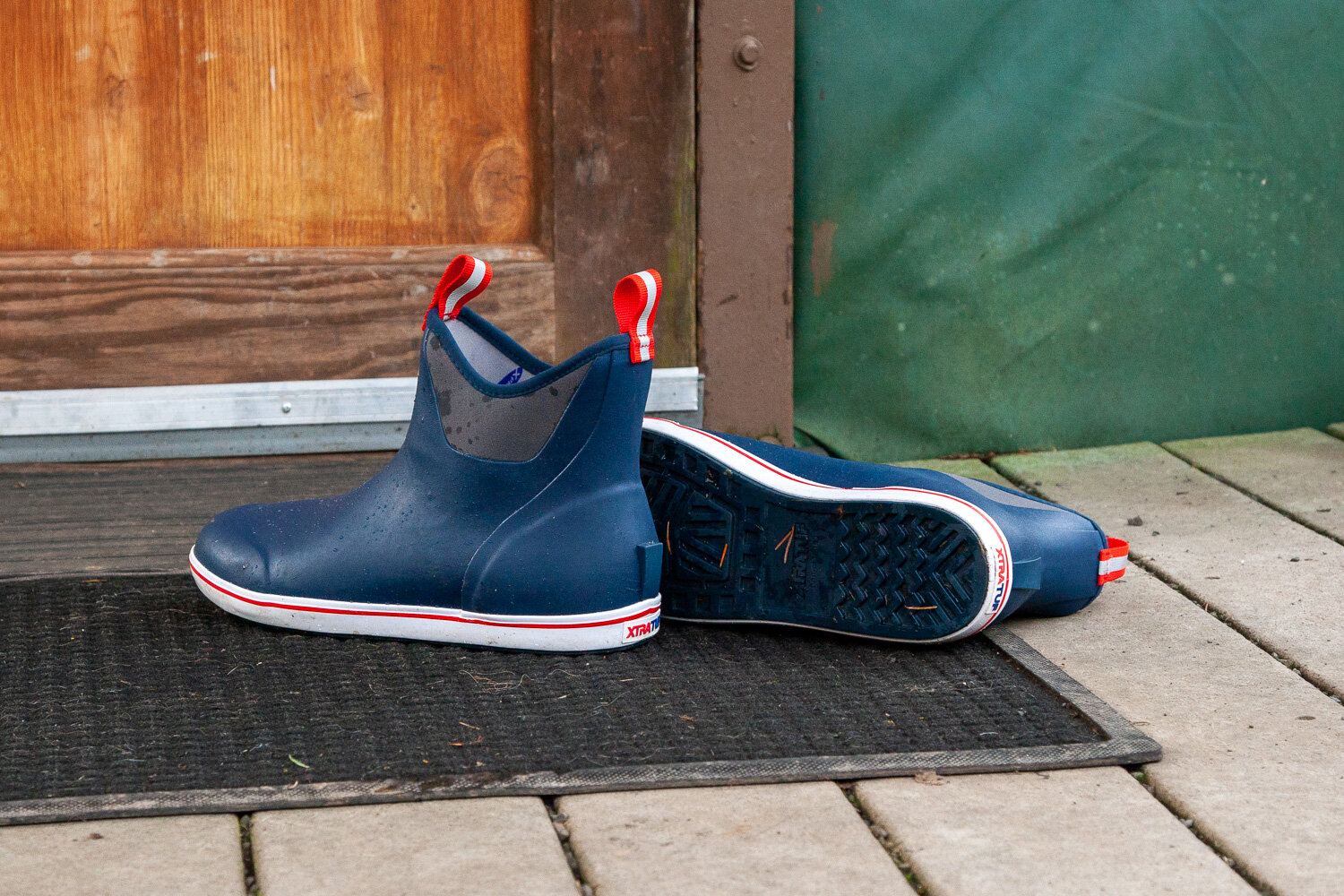
Product Comparison Table
| oSort | Product | Price | Weight (Pair) | Height | Insulated | Weather Resistance | Comfort | Traction | Warmth | 0 |
Bogs Workman Boots View at Amazon View at Bogs |
$160 | 4 lb. 3.2 oz. | 15in | Yes | 4.9 | 4.8 | 4.8 | 4.7 | 1 |
Bogs Bozeman Mid Insulated Boot View at REI View at Amazon |
$155 | 1 lb. 5 oz. | 11in | Yes | 4.9 | 4.7 | 4.6 | 4.8 | 2 |
Kamik Forester View at Amazon View at Kamik |
$70 | 4 lb. 8 oz. | 14in | Yes | 4.6 | 4.6 | 4.5 | 4.5 | 3 |
Original Muck Boot Wetland View at Amazon View at Muck Boots |
$160 | 2 lb. 12 oz. | 17in | Yes | 4.7 | 4.8 | 4.7 | 4.3 | 4 |
Sperry Cold Bay Chukka View at Amazon View at Sperry |
$120 | 2 lb. 13.9 oz. | 6in | Yes | 4.1 | 3.9 | 4.0 | 4.0 | 5 |
Bogs Classic High View at REI View at Amazon |
$135 | 5 lb. | 14in | Yes | 4.8 | 5.0 | 4.0 | 5.0 | 6 |
XTRATUF Ankle Deck Boots View at REI View at Amazon |
$115 | 3 lb. 2.6 oz. | 6in | No | 4.1 | 4.2 | 3.9 | 3.9 | 7 |
Huk Rogue Wave View at Amazon View at Huk |
$100 | 3 lb. | 6in | No | 4.5 | 4.5 | 4.5 | 4.0 | 8 |
Grundens Deviation Ankle Boot View at Amazon View at Grundens |
$135 | 1 lb. 14.4 oz. | 6in | No | 4.4 | 4.8 | 4.1 | 3.7 | 9 |
Blundstone Original Chelsea View at REI View at Amazon |
$190 | 3 lb. | 6in | No | 4.2 | 4.5 | 5.0 | 3.8 |
|---|
How We Test & Methodology
Here, we break down how we tested rain boots based on four key metrics: weather resistance, comfort, traction, and warmth. We put the boots through the wringer in southern Minnesota’s sloppy winter conditions and the snow and ice of Wisconsin’s Chequamegon National Forest.
WEATHER RESISTANCE
To test weather resistance, we subjected each pair of rain boots to heavy rain, standing water, and deep puddles to evaluate their waterproofing and ability to keep feet completely dry. We also assessed their performance in snowy conditions by wearing them in slush, wet snow, and icy patches, monitoring their capacity to block moisture and retain warmth.
Each pair underwent prolonged exposure to rain and snow to observe how well they repelled moisture over time and whether they showed signs of water seepage or material failure. We also tested their resistance to extreme weather by immersing them in standing water for extended periods to gauge how each boot could handle real-world conditions without compromising comfort or performance.
COMFORT
To test comfort, we wore each pair of boots for extended periods during various activities, including walking, standing, and working long hours outside on a farm. We evaluated cushioning by noting how well the insoles supported our feet during long days and whether any pressure points or discomfort developed.
We also evaluated flexibility by walking on uneven terrain and climbing hills to see how the boots adapted to natural movements. Additionally, we tested breathability by wearing them in warmer conditions to see if they prevented overheating. These tests ensured each pair provided all-day comfort for a range of activities and weather conditions.
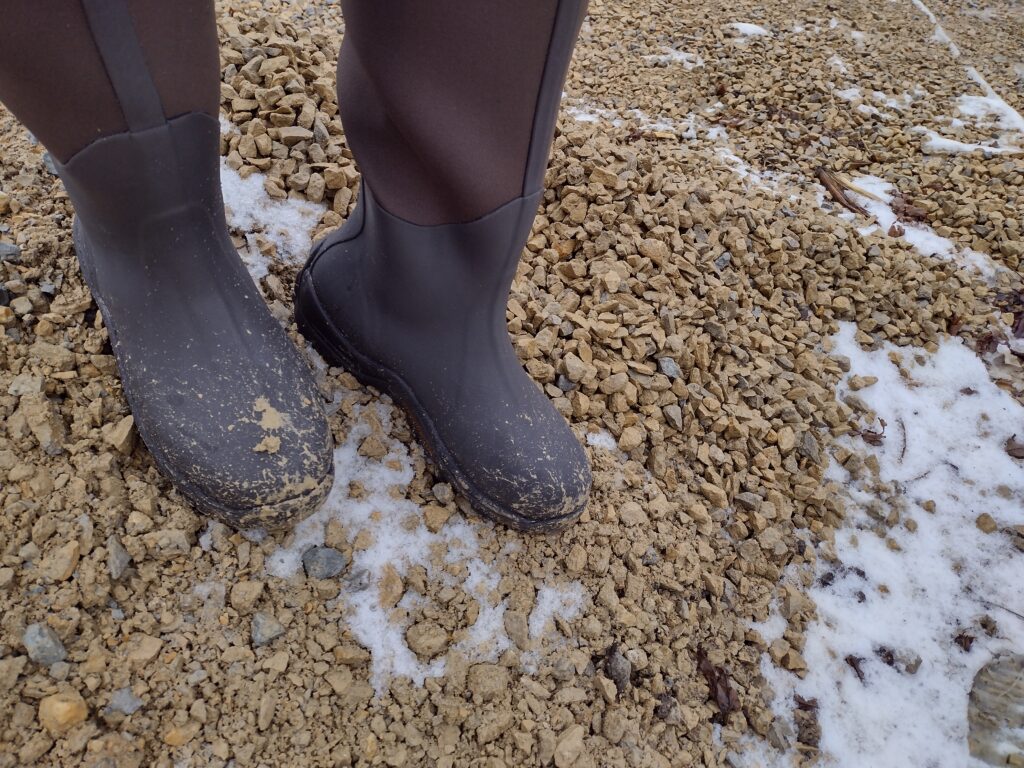
TRACTION
To test traction, we evaluated each pair of boots on various slippery and uneven surfaces, including wet pavement, muddy trails, icy walkways, and snow-covered paths. We assessed how well the soles gripped the ground during activities like walking uphill, descending slopes, and making sharp turns.
We paid special attention to stability on wet and icy patches, where loss of grip is most common. We also tested performance in deep mud and slush to see if the tread patterns effectively shed debris or clogged easily. These tests helped determine how reliable and secure each pair of boots felt in challenging conditions, ensuring they could provide steady footing in rain, snow, and various slippery environs.
WARMTH
To test warmth, we wore each pair of boots in cold conditions, including sub-freezing temperatures, snowy environments, and icy settings. We monitored how well the boots insulated our feet during extended periods of standing and walking in the cold. To assess heat retention, we wore them with both thick and thin socks, noting any differences in performance. We also subjected boots to slushy and wet snow to ensure they maintained warmth even when exposed to moisture. Finally, we checked for cold spots, drafts, or inadequate insulation around critical areas like the toes and ankles to evaluate how effectively each pair of boots kept feet warm and comfortable during prolonged exposure to winter weather.
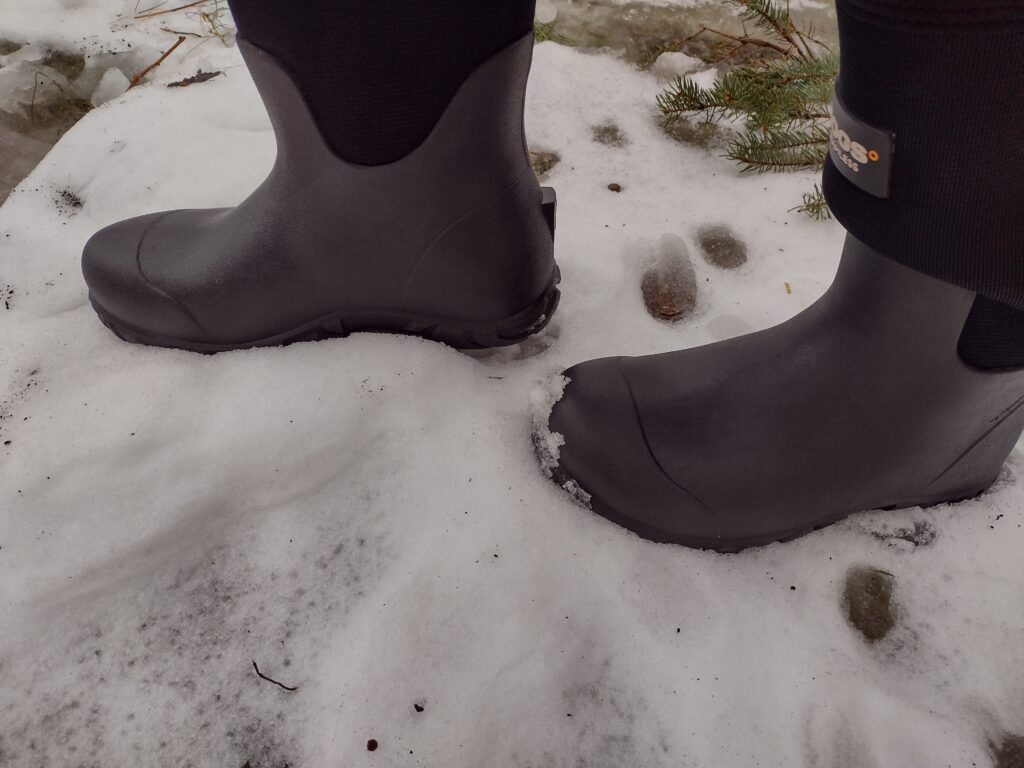
Why Trust CleverHiker
The CleverHiker team has spent hundreds of days wading through puddles, slogging through muddy fields and trekking along snow trails from southern Minnesota farmland to northern Wisconsin’s frigid downpours to find the best rain boots for your daily chores, weekend walks or strolls around town.
Gear Analyst Steve Johnson spent countless hours traversing wet and wild terrain to ensure every pair of boots he tested holds up against the harshest conditions. Steve’s extensive experience in the field gives him unparalleled insight into what makes a pair of rain pants truly exceptional. By rigorously testing each product in rough weather and scrutinizing every detail, our recommendations will keep you dry and comfy no matter the forecast.
Analysis & Results
Here, we analyze our findings and show how different rain boots performed in the categories above—weather resistance, comfort, traction and warmth—along with the boots’ value.
VALUE
We carefully handpick rain boots that deliver top-tier performance, no matter their price tag. We have fantastic budget-friendly choices with excellent performance as well as higher-end options that pay off with increased longevity and top-tier execution.
The most affordable boot on our list, the Kamik Forester, offers exceptional value for individuals seeking reliable, budget-friendly footwear for wet and snowy conditions. Though they may not have the advanced features or premium materials of higher-end boots, they’re an affordable and practical choice for those who need functional, no-frills rain boots that can handle blustery conditions.
WEATHER RESISTANCE
The Kamik Forester rain boot is also standout for its durable, lightweight design and excellent water resistance, making it perfect for wet, marshy environments. The Sperry Cold Bay Chukka also wins points with its all-rubber lower providing outstanding waterproofing and its fleece lining offering warmth and comfort. At roughly double the price of the Chukka, is another reliable choice for tough conditions. The 7mm Neo-Tech insulation provided us excellent warmth, and we stayed dry in soaking wet weather, mud and snow during our testing.
TRACTION
For iron grip traction, the XTRATUF Ankle Deck Boots and Huk Rogue Wave stand out. The XTRATUFs are purpose built for wet, slippery surfaces, great for paddle camping and dock fishing. Their non-marking outsole features razor-cut siping that provides excellent grip on wet decks and muddy paths, delivering stability in surly conditions. The Huk Rogue Wave offers similarly impressive traction, with its hexagonal grip pattern excelling on both wet and dry surfaces. These boots are particularly valued for their performance in wet, mucky environments.
Additionally, the Bogs Classic High’s slip-resistant outsole provides solid traction in rain, snow, and slippery terrain. With deep tread and reliable stability, it’s a dependable option for wet and icy conditions.
WARMTH
For warmth, the Bogs Classic High and Bozeman Mid Insulated are top contenders. The Classic High features 7mm insulation with excellent warmth for cold, wet conditions. Plus, its waterproof construction keeps your feet dry even in the harshest winter environments. This boot is especially well-regarded for its ability to keep feet warm in snow, slush, and icy conditions.
The Bozeman Mid Insulated also offers impressive warmth. This mid-height insulated boot is well-suited for moderate cold, offering both warmth and comfort without excessive bulk.
EASE OF SETUP
Similar to durability, foam pads are just inherently easier to set up than inflatables so the NEMO Switchback and Therm-a-Rest Z Lite Sol again earn top marks here. Both fold/unfold accordion style. Paired with their durability, their ease of setup make them great options not only for nighttime but quick protection from the ground during a siesta or lunch break.
The NEMO Tensor All-Season and Big Agnes Rapide SL Insulated are at the top of the inflatable heap. The former has an exceptional low-profile valve design that pairs with the included pump sack for comparatively fast inflation and deflation. The Rapide also comes with a pump sack and the two-way valve makes micro-adjustments super simple once the pad is fully inflated.
How to Choose Rain Boots
When choosing rain boots, it’s essential to evaluate a few key features that will guide your decision: value, warmth, traction, and durability. Each of these factors plays a significant role in ensuring that your boots will perform well in varying conditions and for different activities, so understanding the trade-offs between them will help you make a more informed purchase.
PRICE
Rain boots can range from affordable to premium-priced options. Understanding what you get for the price is crucial. A more affordable pair may perform well for casual wear in light rain but might lack durability, comfort, or warmth for extended use or in harsher conditions. On the other hand, premium boots often offer better insulation, waterproofing, and longevity, making them a good investment for those needing high-performance boots for outdoor activities.
Mid-range options often offer a good balance, where you get solid features—like durable waterproofing and moderate insulation—at a reasonable price point. When considering value, it’s essential to think about how frequently you’ll use the boots and in what conditions. If you only need them for occasional use, an affordable pair may be sufficient. But if you’re braving heavy rain, snow, or cold weather regularly, investing in a higher-end pair may be worthwhile.

WARMTH
Rain boots are primarily designed to keep your feet dry, but warmth becomes an important factor when you’re wearing them in colder weather. Many rain boots offer some insulation, often through materials like neoprene or specialized liners, which help retain heat in wet, cold conditions.
Boots like the Bogs Classic High are known for their excellent warmth due to 7mm Neo-Tech insulation, making them ideal for snowy or freezing conditions. On the other hand, if you’re primarily wearing boots in milder climates or for short walks in the rain, you may not need heavy insulation. In these cases, lighter boots without insulation, like the Huk Rogue Wave, can offer better breathability and comfort while still keeping you dry. Keep in mind that warmer boots tend to be bulkier, which can affect comfort and flexibility, especially during longer activities.

TRACTION
Traction is critical when walking on slippery surfaces, whether you’re dealing with wet pavement, mud, or snow. The best rain boots for traction have specialized outsoles designed to provide grip on slick terrain.
Boots like the XTRATUF Ankle Deck Boots excel in this area with their razor-cut siping and non-marking outsoles offering excellent stability on wet decks or muddy paths. For those living in areas with heavy snow or icy conditions, boots like the Bogs Classic High are equipped with deep treads to ensure stability in these environments.
Pay attention to the tread pattern and material of the outsole when considering traction. Deeper lugs and rubber compounds often provide better grip in challenging conditions. If you’re primarily concerned with casual wear or light outdoor activities, lighter-duty boots may still offer adequate traction.
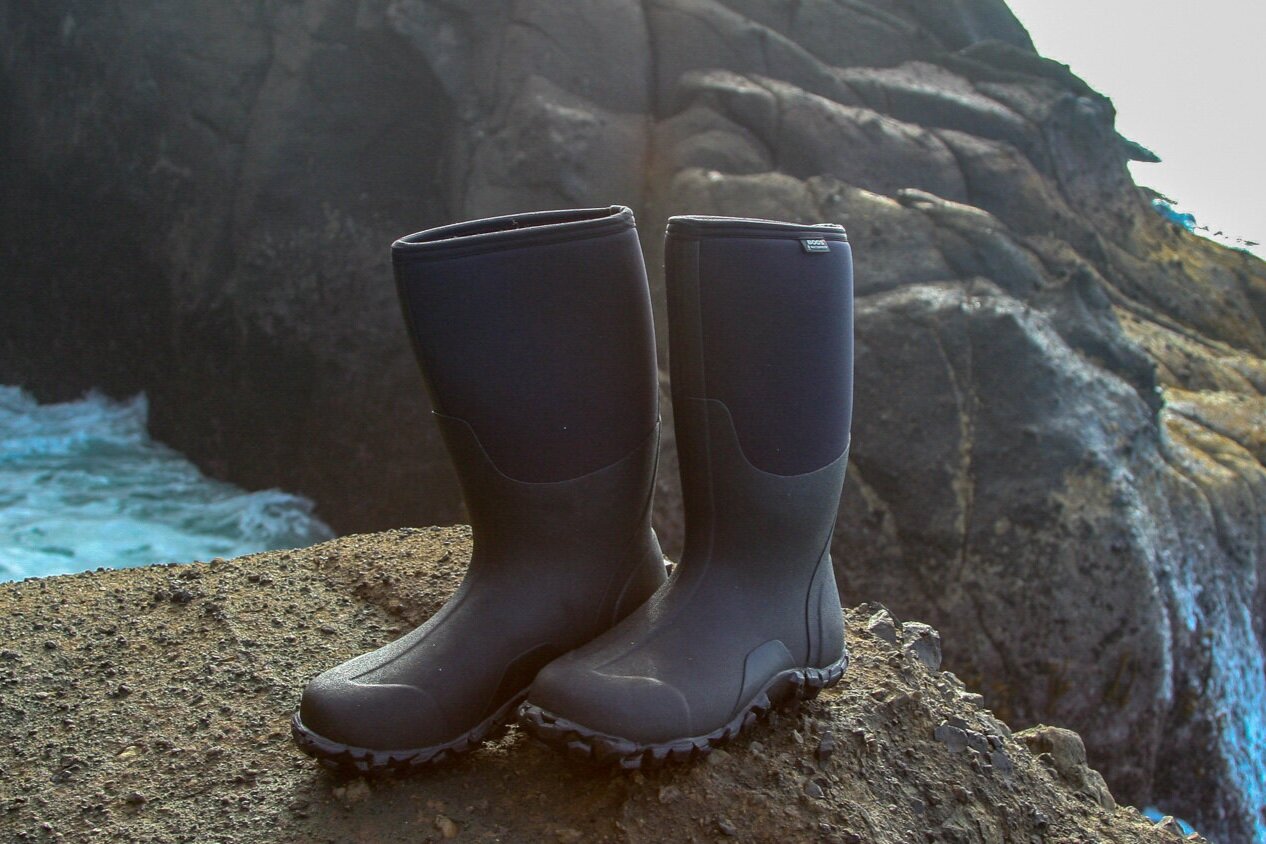
DURABILITY
Durability is essential if you plan to use your boots frequently or in challenging conditions. Higher-end rain boots are typically made with reinforced materials that can withstand long-term exposure to water, mud, and rough terrain. For example, the Bogs Workman is built for heavy-duty use, with a durable construction that holds up well in both mud and snow.
If you’re more likely to use your boots for short walks or during lighter rain, you may be able to get away with a more basic design. However, if you’re working outdoors or engaging in activities like hiking or fishing, investing in boots with a thicker, reinforced sole and sturdy upper is a wise choice. Keep in mind that more durable boots tend to be heavier and less flexible, so there is a trade-off in terms of comfort and mobility.
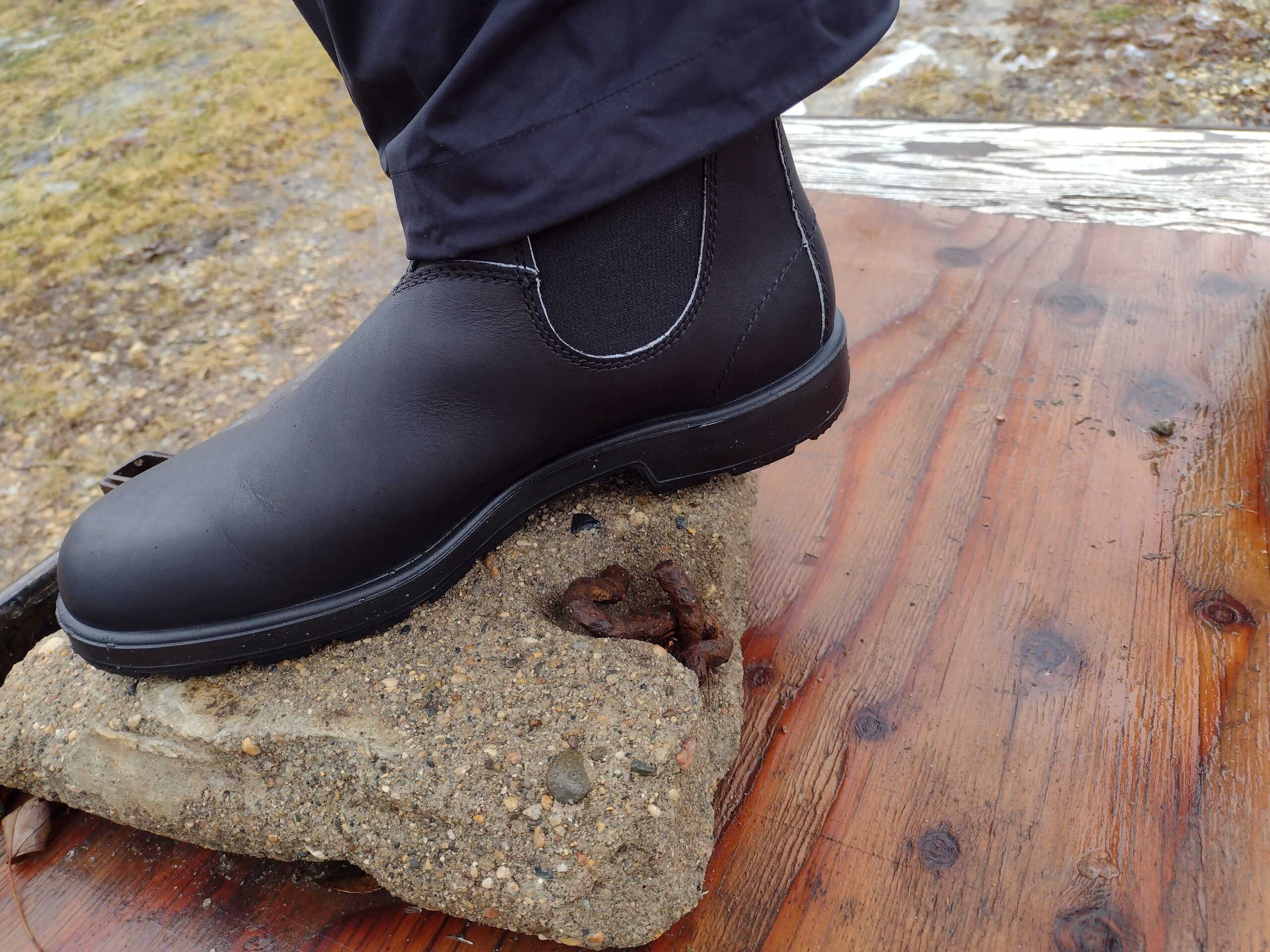
CONCLUSION
Rain boots aren’t just about staying dry—they’re about embracing the elements with confidence and comfort. Whether your focus is on warmth, traction, durability, or value, we hope this guide helps you find the perfect pair of boots to suit your needs. When you’re tackling muddy trails, braving the cold, or just running errands in the rain, the right boots can make all the difference. With the right features and fit, you’ll be ready to take on any conditions.
